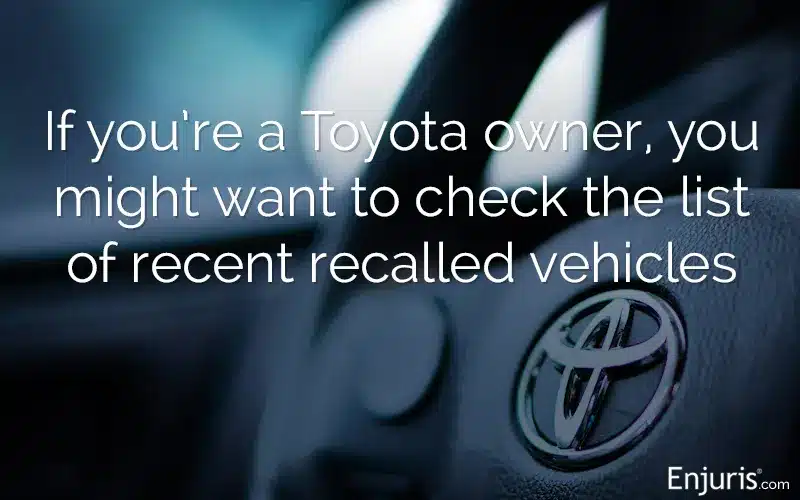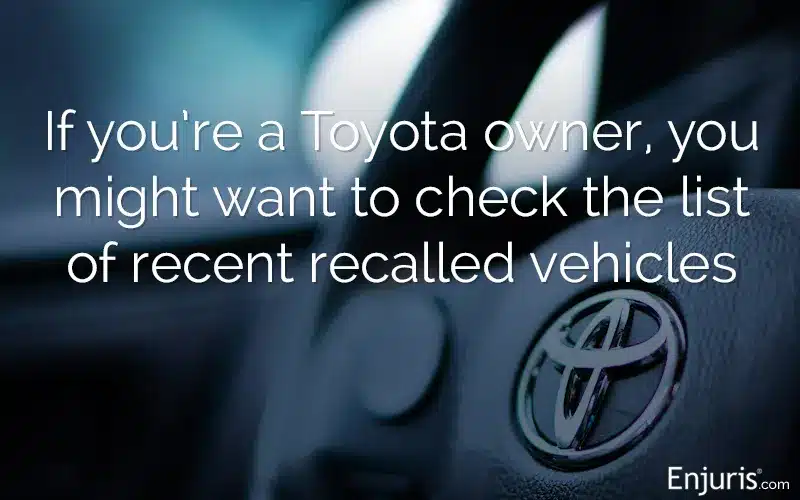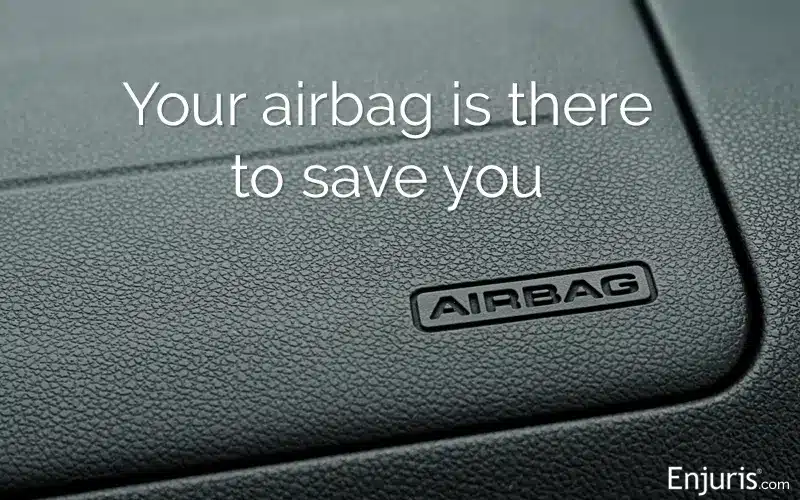[ad_1]

Various models of cars and trucks are affected by 2024 recalls
Toyota has recalled hundreds of thousands of vehicles for safety risks; see if yours is on the list and what you should do to have it repaired.
What’s going on, Toyota?
That’s what Toyota owners want to know about more than a half million vehicles that were recalled in February 2024.
Toyota has a plan to repair the vehicles, but owners want to know if they are safe in the meantime. When Toyota recalled nearly 300,000 vehicles on February 21st, it was because parts of the transmission might not disengage immediately upon shifting transmission into neutral. That means some engine power could continue to the wheels and allow the vehicle to move forward slowly when it’s on a flat surface and the brakes aren’t engaged. This increases the likelihood of a crash.
Then, a week or so later, a second recall was announced. This one affects nearly 400,000 Toyota Tacoma pickup trucks from model years 2022 and 2023.
In this instance, there could be leftover welding debris on the ends of the rear-axle assembly. This could cause nuts to eventually loosen and fall off, which could allow a part to separate from the axle. If that happens, the vehicle could become less stable and the brake performance could be affected, which increases the risk of a crash.
Another recent recall involves the back seat head restraints that might make the car non-compliant with federal safety standards. This affects 4,000 Toyota Camry and Camry Hybrid models.
Finally, a recall of 19,000 Mirai vehicles and some 2023-2024 Lexus models was issued because of a software defect with the rearview camera.
What Toyota vehicles were recalled in 2024?
- 2022-2024 Tundra and Tundra Hybrid
- 2023-2024 Sequoia
- 2022-2024 Lexus LX 600
- 2023-2024 Camry and Camry Hybrid
- 2023 Mirai
- 2023-2024 Lexus LS
- 2023-2024 Lexus LC
- 2023-2024 Lexus ES
What should I do if my Toyota was recalled?
At this time, the manufacturer is in the process of notifying owners. People should receive their recall notices by late April. Once notified, you can contact your local Toyota dealership to schedule an appointment for a repair. You can also visit the National Highway Traffic Safety Administration (NHTSA) website and enter your VIN or license plate number to see whether your vehicle is subject to a recall.
What if I was in a crash and my vehicle was recalled but hasn’t been repaired yet?
The liability for an accident involving a car that has been recalled but not yet fixed can be complex and depends on various factors, including the nature of the recall, the reason for the accident, and the laws of the jurisdiction where the accident occurred. Here are some key considerations:
- Nature of the recall: If the recall is directly related to the cause of the accident (for example, a brake failure that leads to a crash), then the manufacturer might be held liable for damages resulting from the defect. However, if the recall is for a defect unrelated to the accident’s cause, the recall likely doesn’t impact liability.
- Manufacturer liability: Automobile manufacturers are generally responsible for ensuring their vehicles are safe to drive. If a defect covered by a recall causes an accident, the manufacturer could be liable under product liability laws. This is especially true if it can be proven that the manufacturer was aware of the defect and failed to take adequate steps to warn owners or rectify the issue in a timely manner.
- Owner responsibility: Vehicle owners are expected to respond to recall notices promptly. However, if an owner has not had a reasonable opportunity to have the recall issue fixed before the accident, liability might not necessarily fall on them. The timing of the recall notice and the accident, as well as the availability of repair services, can influence this aspect.
For instance, if a part required to repair the recall is on backorder, or if the dealerships are booked out for months and the consumer can’t get a quick appointment, this might be the manufacturer’s responsibility.
- Comparative negligence: Some jurisdictions follow a comparative negligence rule, which means that the fault can be divided among parties based on their level of responsibility for the accident. If the vehicle owner neglected other aspects of vehicle maintenance that contributed to the accident, this negligence could be factored into the liability assessment.
- Insurance coverage: The vehicle owner’s insurance policy might cover damages from the accident, but insurance companies may seek to recover costs from the manufacturer if a recalled defect was the cause.
Ultimately, determining liability in these cases often requires a detailed investigation into the accident’s circumstances, the specific recall involved, and the actions of both the manufacturer and the vehicle owner. Legal advice from an attorney specializing in product liability or personal injury law can provide guidance tailored to the specific situation.
It’s your duty and responsibility to contact your local Toyota dealership to have your vehicle repaired if yours is one of the affected models. Aside from the issue of liability, though, the first priority is keeping everyone safe—both you and your passengers and others with whom you share the road!
[ad_2]




